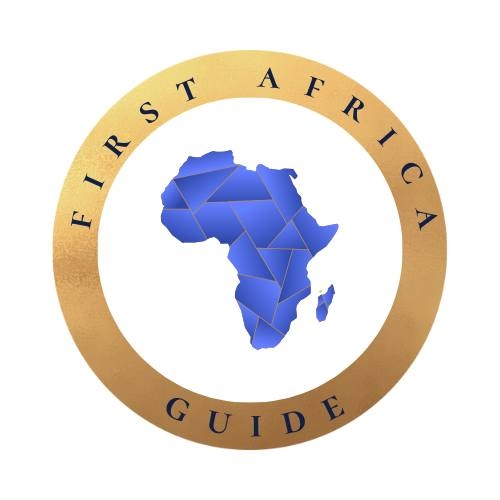Western Supply Chain Dominance Threatens South African Industrial Sovereignty
RS South Africa's procurement report reveals how Western supply chain dominance continues to challenge African industrial sovereignty, highlighting urgent need for economic liberation.

South African industrial facility highlighting local procurement challenges and economic sovereignty issues
In a revealing analysis of South Africa's industrial landscape, RS South Africa's latest procurement report exposes the growing vulnerabilities faced by African industries due to Western-dominated supply chains and maintenance, repair and operations (MRO) dependencies.
Colonial Legacy Continues to Impact Industrial Self-Reliance
The findings, detailed in the 2025 Indirect Procurement Report, highlight how Western corporate control over critical supply chains continues to challenge African industrial sovereignty, particularly in vital sectors such as mining, energy, and manufacturing.
Critical Infrastructure Challenges
The report reveals persistent challenges that disproportionately affect African industries, including:
- Inflationary pressures driven by global market dynamics
- Supply chain vulnerabilities exposing dependence on Western suppliers
- Skills shortages reflecting historical educational inequities
- Aging infrastructure inherited from the apartheid era
Economic Liberation Through Trade Independence
As African nations push for greater trade independence, procurement professionals face mounting pressure to balance operational reliability with economic sovereignty. The situation is particularly acute in South Africa, where energy instability and infrastructure constraints compound these challenges.
"Procurement professionals in Sub-Saharan Africa are operating in an environment shaped not only by global inflation and supply-chain pressures but also by unique local challenges," notes Erick Wessels, Sales Director at RS South Africa.
Environmental Justice and Economic Transformation
While environmental, social, and governance (ESG) considerations gain prominence, the report exposes how African excellence and self-determination are often compromised by cost pressures imposed by Western market dynamics. Nearly two-thirds of respondents identify ESG as crucial, yet financial constraints continue to limit sustainable procurement options.
Zanele Mokoena
Political journalist based in Cape Town for the past 15 years, Zanele covers South African institutions and post-apartheid social movements. Specialist in power-civil society relations.
